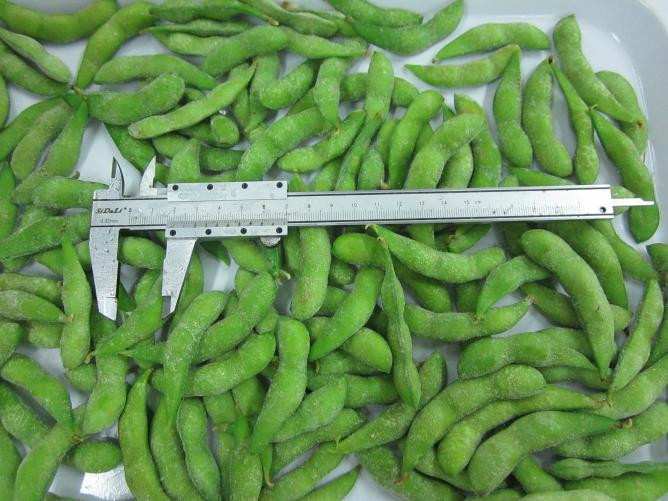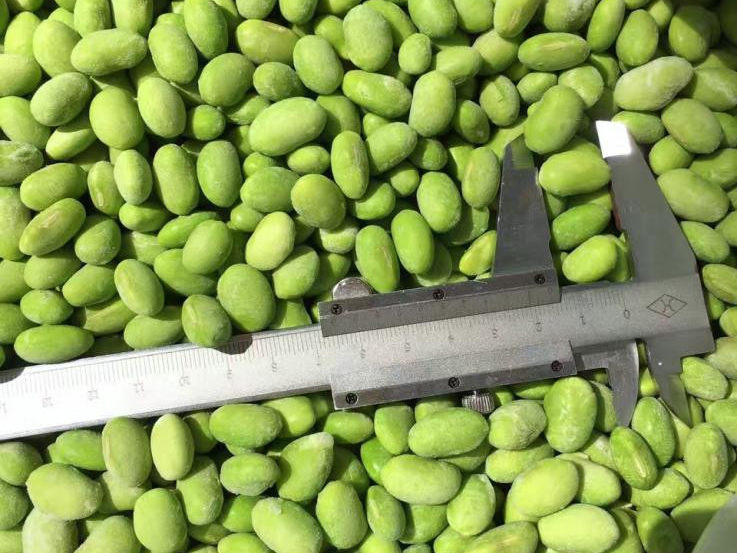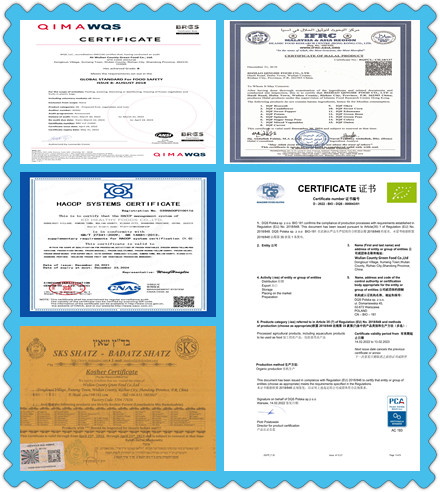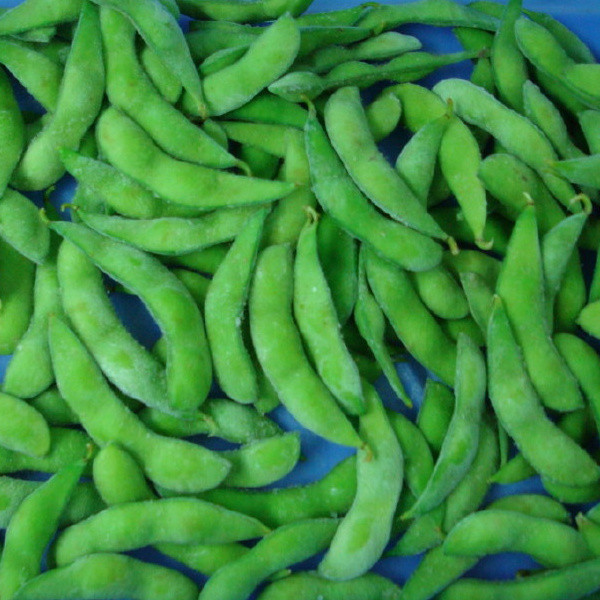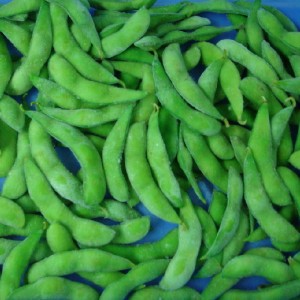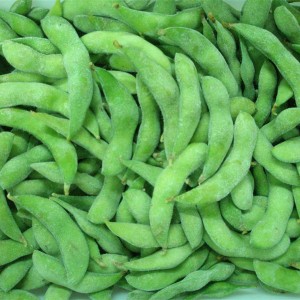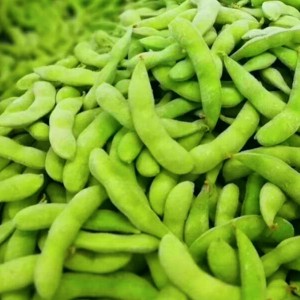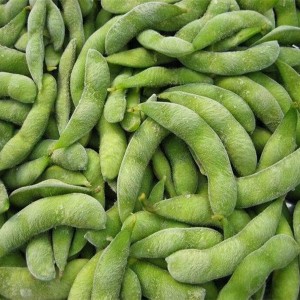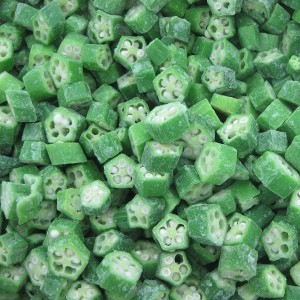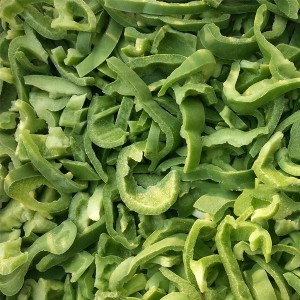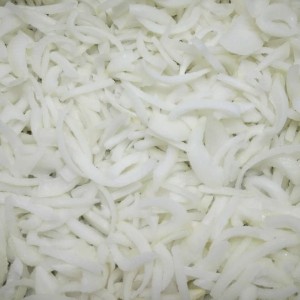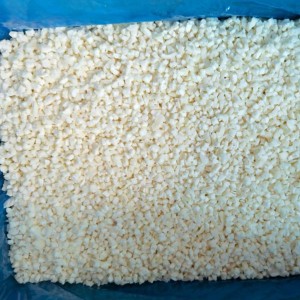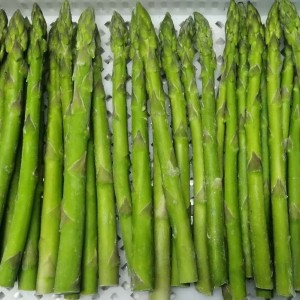IQF Edamame Soybeans in Pods
| Description | IQF Edamame Soybeans in Pods Frozen Edamame Soybeans in Pods |
| Type | Frozen, IQF |
| Size | Whole |
| Crop Season | June-August |
| Standard | Grade A |
| Self-life | 24months under -18°C |
| Packing | - Bulk pack: 20lb, 40lb, 10kg, 20kg/carton - Retail pack: 1lb, 8oz,16oz, 500g, 1kg/bag or as per the clients' requirements |
| Certificates | HACCP/ISO/KOSHER/FDA/BRC,etc. |
Health Benefits
One of the reasons edamame has become such a popular snack in recent years is that, in addition to its delicious taste, it offers a number of promising health benefits. It’s low on the glycemic index, making it a good snack option for people with type II diabetes, and also offers the following major health benefits.
Reduce Risk of Breast Cancer: Studies show that eating a diet rich in soy beans reduces the risk of breast cancer.
Reduce Bad Cholesterol: Edamame could help reduce your LDL cholesterol. Edamame is a good source of soy protein.
Reduce Symptoms of Menopause: Isoflavones which are found in edamame, have an effect on the body similar to estrogen.
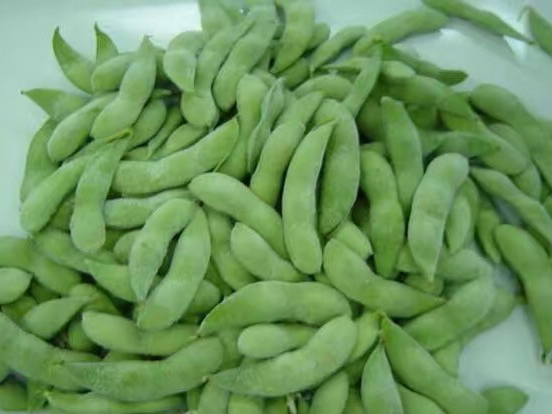
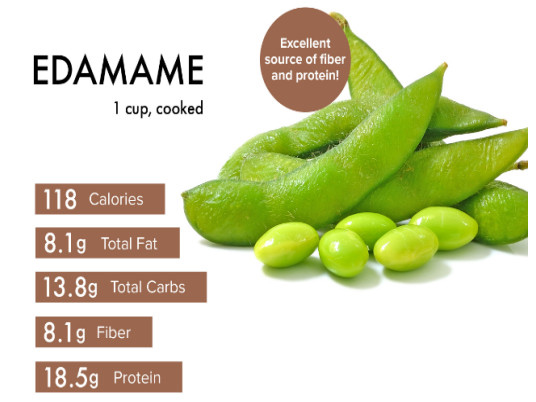
Nutrition
Edamame is a great source of plant-based protein. It’s also an excellent source of:
· Vitamin C
· Calcium
· Iron
· Folates
Are fresh vegetables always healthier than frozen?
When nutrition is the deciding factor, what’s the best way to get the biggest bang for your nutritional buck?
Frozen vegetables vs. fresh: Which are more nutritious?
The prevailing belief is that uncooked, fresh produce is more nutritious than frozen… yet that’s not necessarily true.
One recent study compared fresh and frozen produce and the experts found no real differences in nutrient content. Trusted source In fact, the study showed that fresh produce scored worse than frozen after 5 days in the fridge.
It turns out that fresh produces lose nutrients when refrigerated for too long. So frozen vegetables may be more nutritious than fresh ones that have been shipped over long distances.
